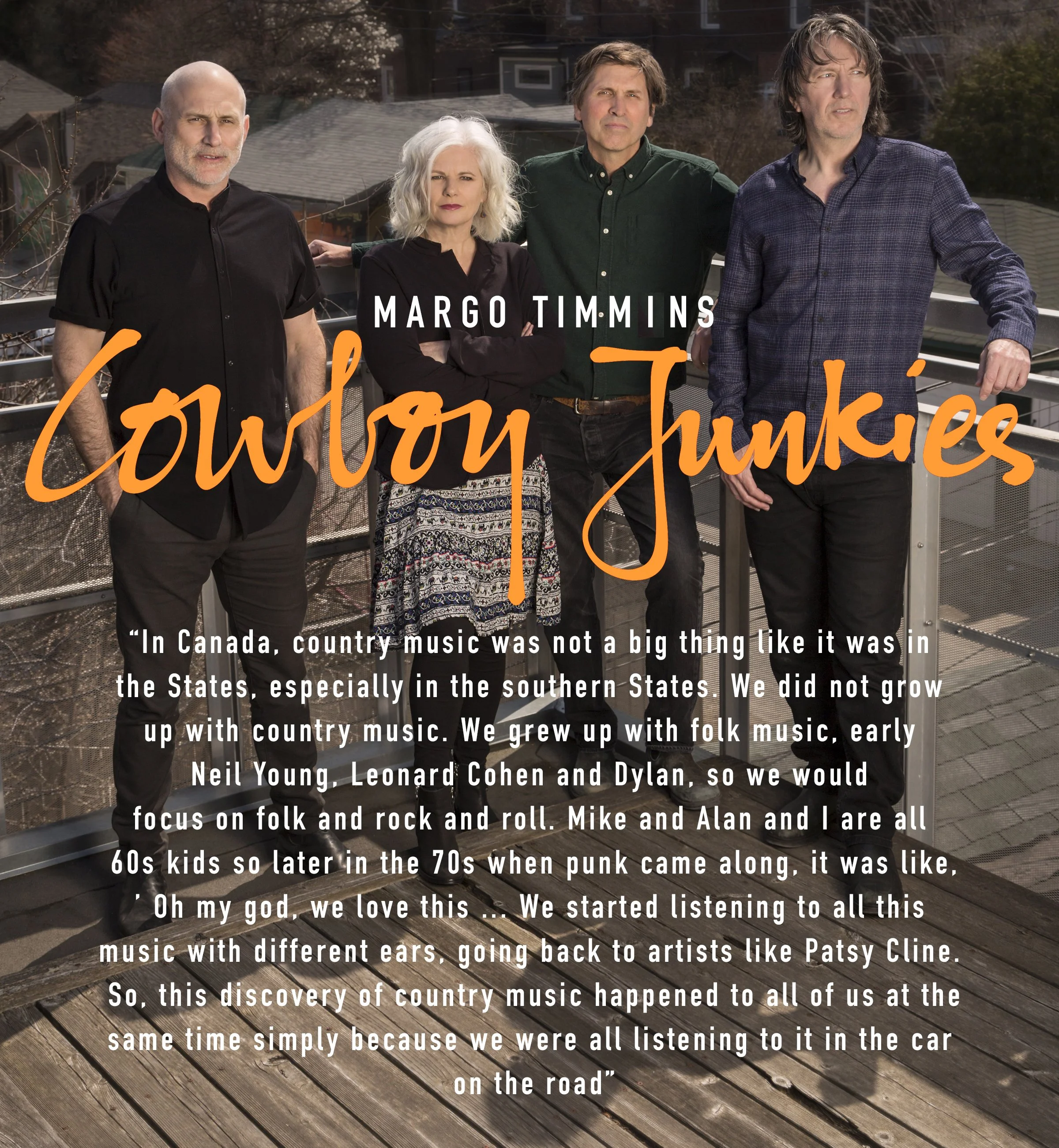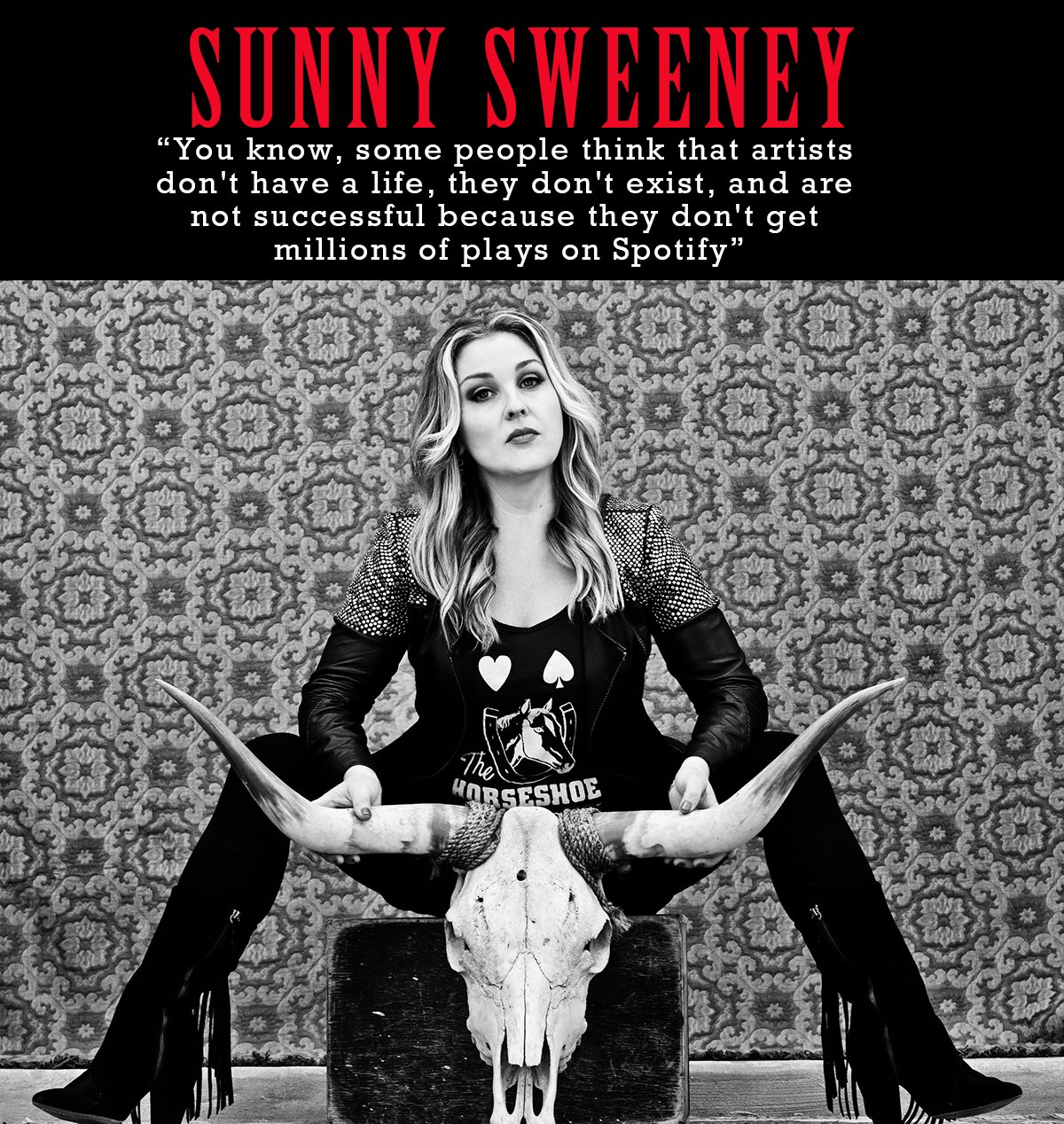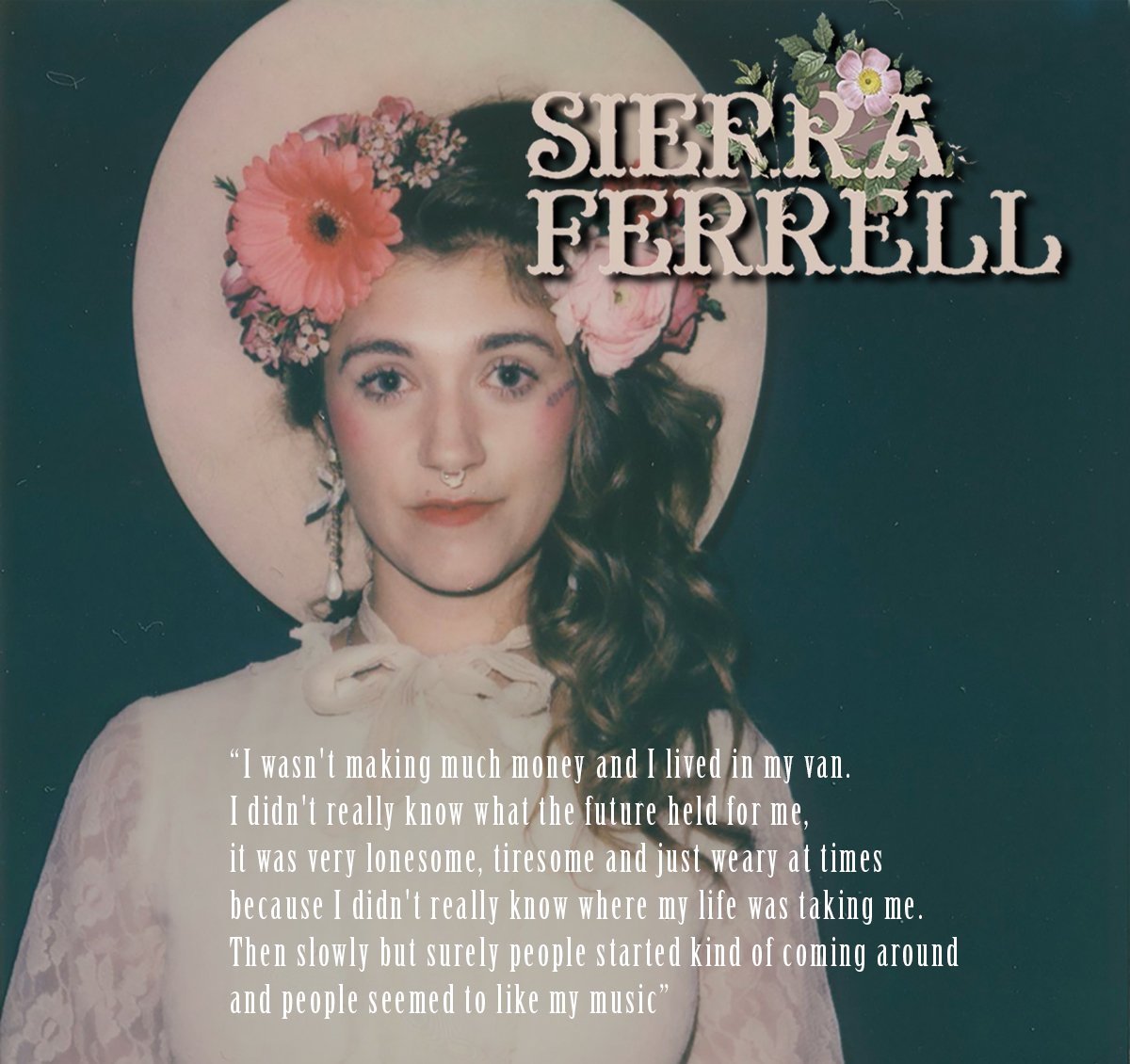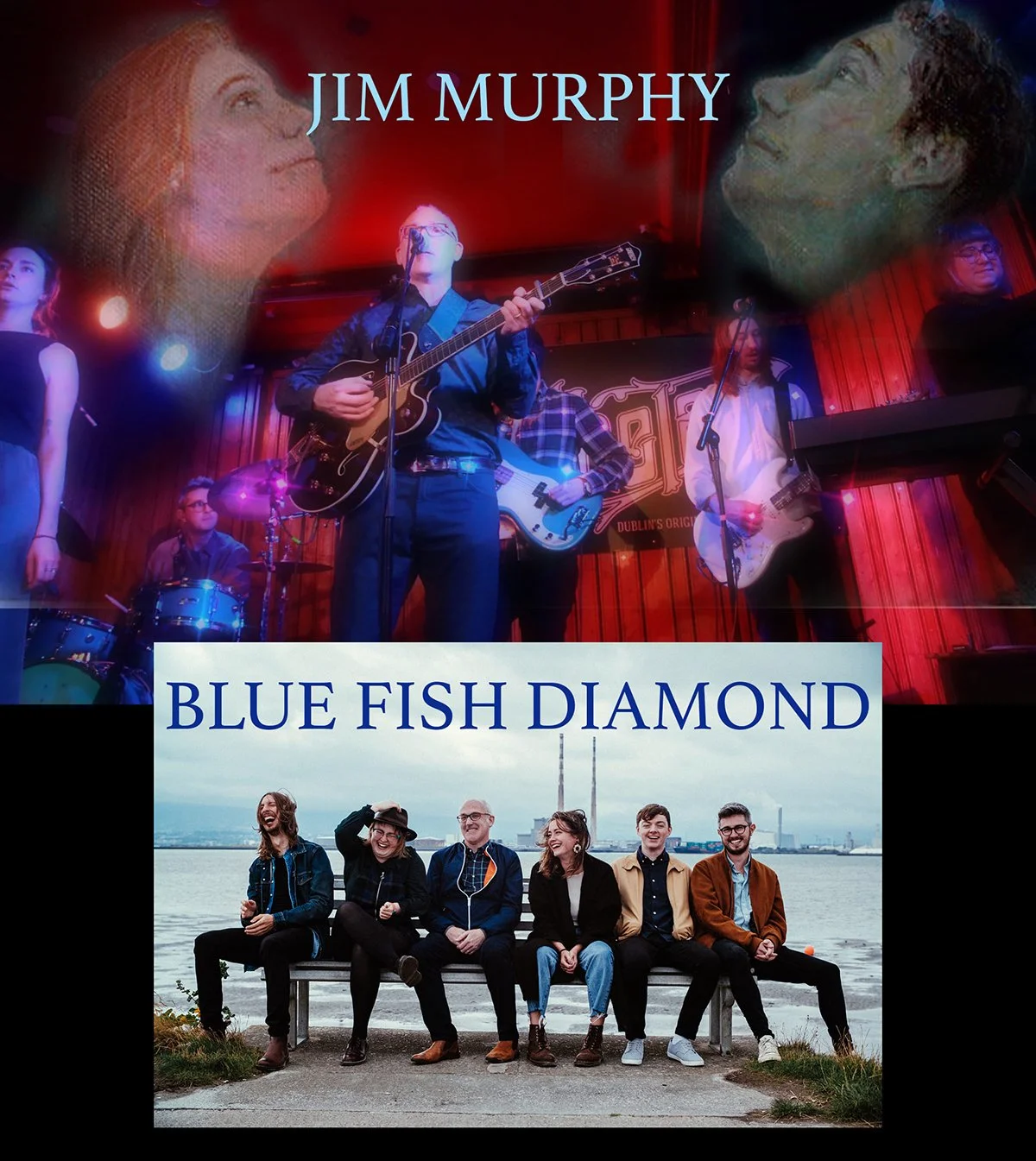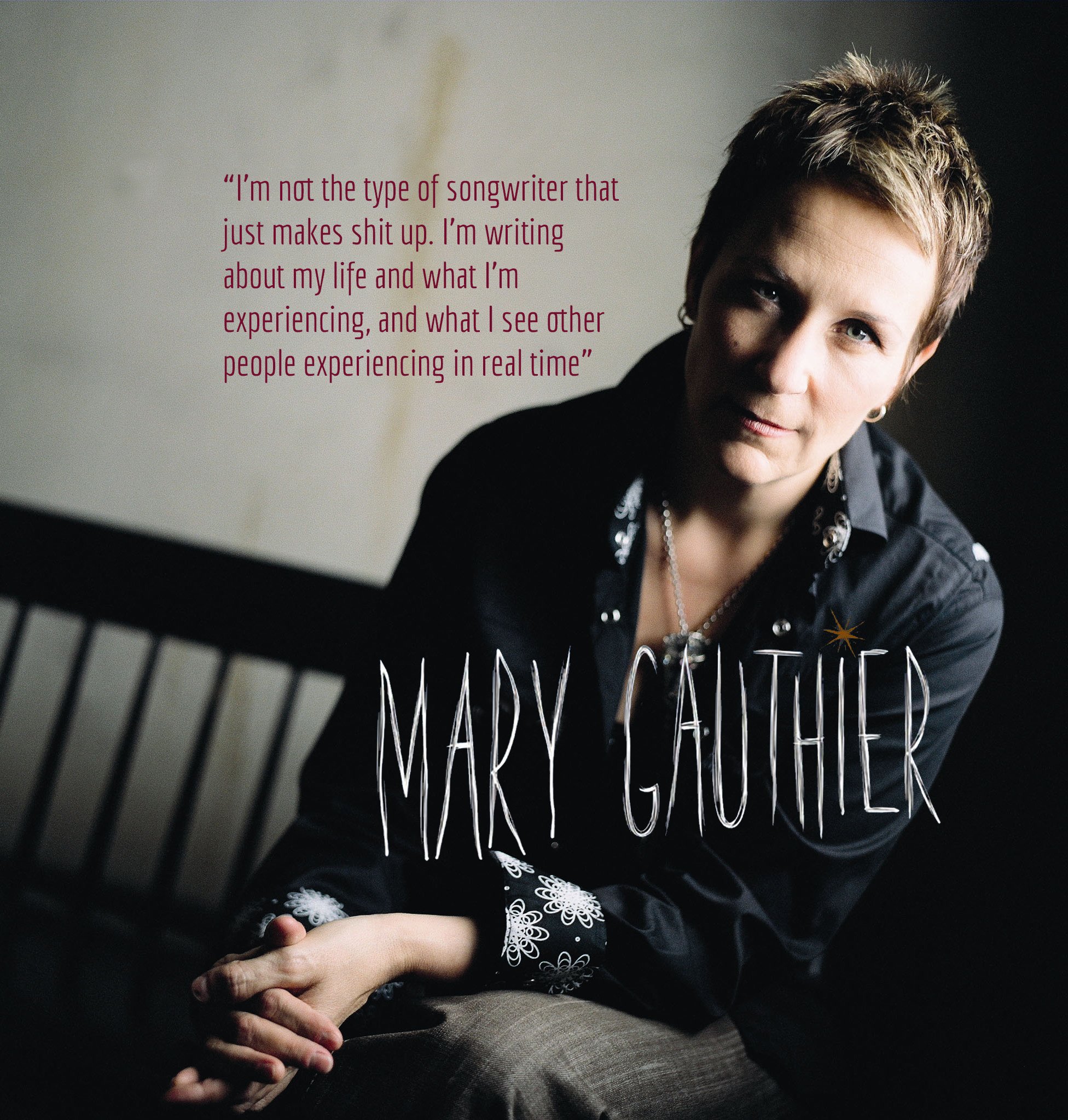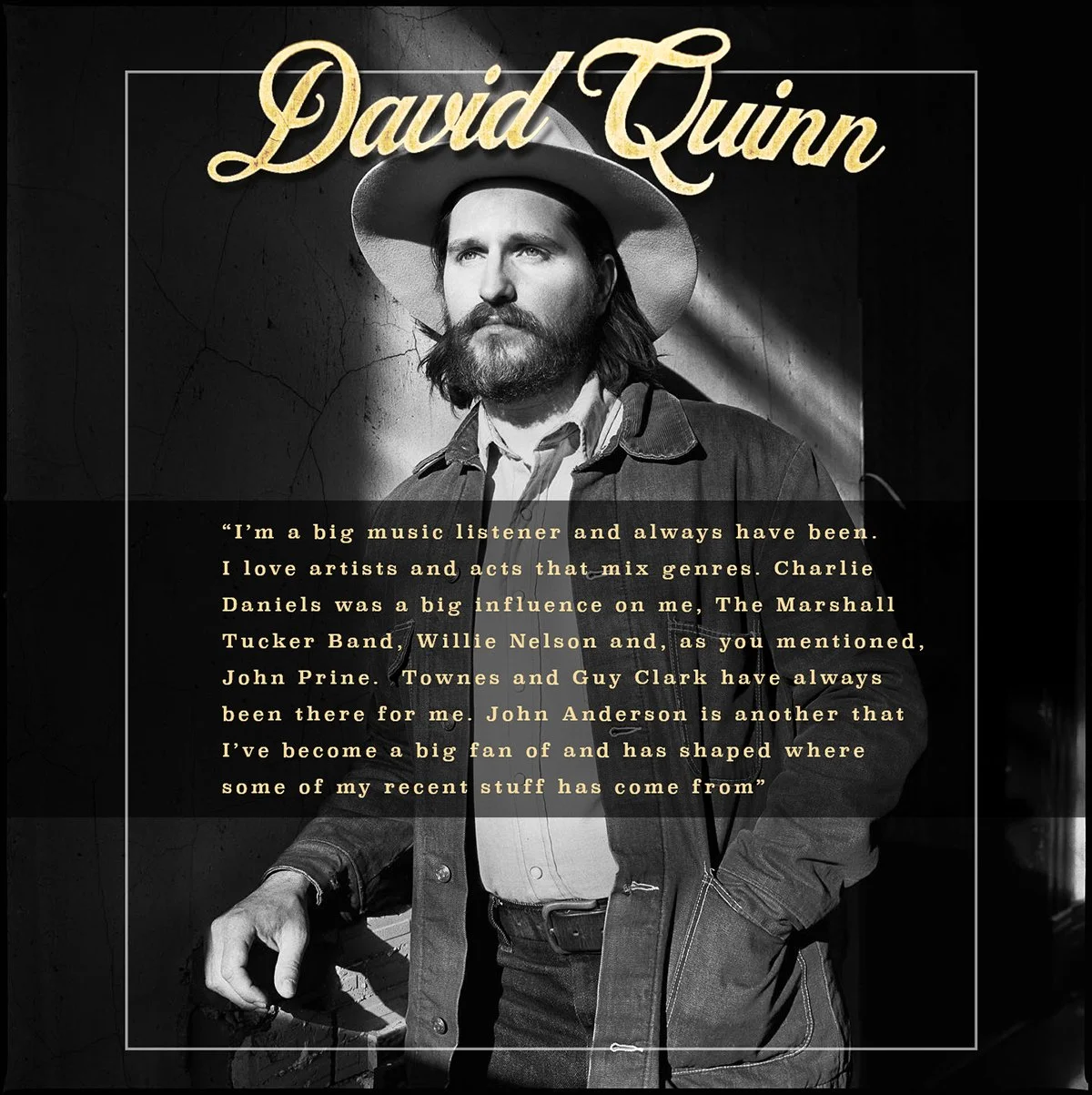Mike and Bob Delevante started performing in Hoboken, New Jersey in 1988 but decided to relocate to Nashville in 1992, on the advice of a Nashville music executive. The duo known as The Delevantes released their first album, LONG ABOUT THAT TIME, in 1995 on Rounder Records. Production was by fellow New Jersey musician and the E Street band member Garry Tallent. It received a good critical response including three stars by Rolling Stone Magazine.The album debuted in the sixth slot on the Gavin Americana charts thus making the group the first alt-country band to reach the top ten. In 1997 they moved to Capitol Nashville and released their second album POSTCARDS ALONG THE WAY. The album was again produced by Tallent and he also featured on bass alongside Heartbreaker Benmont Tench on piano. After a hiatus of over a decade, The Delevantes are again actively performing and recording with their most recent album A THOUSAND TURNS released last year it again saw them continuing their working relationship with Gary Tallent.
Tell me a little about the motivation that inspired you to reform and record the new album?
Mike: We had talked about getting together to record again for years but it wasn’t until the manager of Blackbird Studios here in Nashville heard us perform at a Tom Petty tribute and invited us to the studio to record. So we really hadn’t set out to do an album when we started. We had a great studio and engineers made available to us and we went in as friends just to create music. After that session we realized what was beginning to develop. We went back in to Blackbird for another weeklong session and came out with 14 songs that we felt great about and then decided we should release it. And I think that mentality of going in to a studio just to create something as friends in really a relaxed, joyous environment comes out in the record….vs. maybe a different scenario. Not that we didn’t enjoy making our other records, we did. We’ve always loved the recording process but motivations were different back then. Labels, managers, publishers as well as career decisiionswere all involved. This was purely friends creating music.
Bob: Our initial inspiration came from a show at the Stone Pony in Asbury Park, NJ. Mike and I were playing with Garry Tallent and we were joined on stage by Bruce Springsteen. Playing in Garry’s band, and that night at The Pony inspired and motivated us to start working. Soon after we took part in a Long Players show. (The Long Players are a band that perform a classic album from start to finish and have different artists sing.) Rolff Zwiep, the studio manager from Blackbird Studios, an incredible recording facility in town, saw us play and offered us studio time. We booked some dates and we were off!
Were they similar to the ones you had when you decided to perform together back in the late 80’s?
Mike: I think it was different in the sense that back in the 80’s our day-to-day life was centered around playing music every day, attending art school and then working in that field. After our second record on Capitol, I decided to take a break from music to return to art and design and Bob did a few solo records while also pursuing photography and design. Our desire to create and work together despite the medium hasn’t really ever really gone away. We’ve always stayed close and even worked together on projects over the years.
Bob: Yes and no. We’ve always enjoyed the process of recording so that was an overall motivator, but not having done it for so many years really made us want to get in the studio and start working.
What were the major influences you both had growing up?
Mike: NYC AM radio to start, which meant pop music of the 60’s and 70’s. Beatles, Bee Gees, Monkees, Motown. Then learning to play guitar led to folk/singer-songwriters of the time: Dylan, The Byrds, Jackson Brown, Springsteen. We formed our first band with a high school friend that turned us on to John Prine, Flatt & Scruggs and one album in particular that had a huge impact was the first ‘Will The Circle Be Unbroken’ album by the Nitty Gritty Dirt Band.
Bob: For me there were so many things. Family of course, and where we grew up. Being so close to New York City as well as the Jersey Shore were inspirations to me.
You moved from Hoboken to Nashville on advice. In retrospect was that good advice?
Mike: Absolutely. We knew that in 1989, a band that sounded like Creedence or The Byrds could have a really good following in NY/NJ but they weren’t going to get signed by a New York label. Jody Williams from BMI Nashville saw us perform at the New Music Seminar in NYC and invited us down to Nashville for a week to introduce us around. In that week we saw Steve Earle perform, met Garry Tallent who would become our bassist and co-producer, met Mike Porter who would play drums and co-produce. And met and saw U2 play in Tootsies in front of about 10 people. That was a good trip! There was just a sense of great possibilities. We felt like we were at home. We started to travel more frequently here to play and record until eventually we made it permanent.
We also knew that we’d always be a little different wherever we were. In New York we were a country band. In Nashville we were a rock band. But at the heart of it was the close-knit and creative community here that seemed to embrace a lot of different genres. The people here were accepting, all with relatively similar goals. And the last remaining real songwriting community was still in Nashville.
Bob: Yes, for sure! Living in Nashville certainly changed our music, making it more of what we had wanted it to be. Between the atmosphere, songwriting, work ethic, and musicians here in town, all these things had an effect on what we were doing. My wife and I also enjoyed living here and raising a family. I miss New York and New Jersey but I do get up there often.
Your first album was released on Rounder and then for the second you signed with Capitol Nashville. There appeared to a critical and solid fan base and the trajectory seemed upward, however you decided to quit not longer afterward. Was that a decision forced on you or one you made yourselves?
Mike: I was moving in the direction earlier. In my head I thought at some point I wanted to get back into art and design. I didn’t have a plan for when, but I knew that I missed it and at some point I’d like to go back to it. The major label industry experience was at some points ridiculous. There were wonderful people that we got to work with over at Capitol but when Scott Hendricks was fired and replaced by someone that knew nothing about music that just signaled that things wouldn’t be as planned.
Its a pretty common scenario I would imagine: Creative has a vision – they sign a certain act to fulfill that vision – the creative gets fired – the act gets dropped. What’s weird is we actually didn’t get dropped. The new president thought our record was the best record he had. When we met with him he just said “I was hired to sell country radio acts, this isn’t a country radio act. I’m not gonna drop you, but I’m not gonna work it either.” So, that moment felt like the right moment for me to move on to smething I’d thought about for a long time.
Bob: I would say a bit of both. Things at Capitol changed and we realized it wasn’t the place for us so we eventually decided to leave.
You both have creative souls and found careers in the graphics industry. Was that a good substitute for music at the time?
Mike: I never thought about graphic design or visual art as a substitute. Both Bob and I went to art school before being in working bands. So, from a timing perspective, art came first. Then as we progressed in music, we did both. By the time we had moved to Nashville and had signed with Warner Chappell publishing and Rounder records in 1994, for a 10 year period,writing, making records, being on the road, I didn’t do a lot of artwork because there just wasn’t time.
Bob: Yes, definitely. And I would say far more than a good substitute. I studied design and photography at Parsons in NYC so there were many times when we were touring that I missed doing visual work. It was good for me to take a break, start photographing again, get back into the darkroom, and take on some design projects before I got back into the music world.
Bob, you of course, continued to make solo albums and released three under your own name. Were they labours of love or did you just want to keep that side of your creativity open?
Bob: I love writing and recording so I really wanted to continue doing that. I set up a studio in my home and put my albums together there. I learned about the engineering and production side of the process which I found interesting. And I was able to produce some other artists as well. I was also able to incorporate my visual work in many of these projects. For example, my album Columbus and the Colossal Mistake is a collection of songs, and my photographs.
There’s 20 years between A Thousand Turns and 1997’s Postcards Along The Away on both you worked with Garry Tallent so there is an obvious continuity in the production. Was that the intention?
Mike: Not really … I think it was just us being us writing, playing communicating. It all just felt natural. In fact I remember after maybe tracking the second song, we walked out of the control room and Garry said “It sounds like you guys just never took a break.” We felt that way too. Specifically, our choice to go back in with Garry, that’s probably more centered around the idea that we’d become life-long friends. Our families became very close. It’s kind of like a band in that sense. And we’re so fortunate in that besides our friendships there’s no one else I respect more musically than Garry.
Bob: Yes, for sure. We’ve always worked with Garry so it felt like the natural way to go. He’s become a good friend, we love the way he plays, and working with him is effortless. He’s the third Delevante brother!
You recorded and released the album during the pandemic was that a enabling factor in the process or a hindrance?
Mike: A bit of both I guess. We tracked the 14 songs for the record before the pandemic and then when it hit we were stalled because we couldn’t get back in a studio to finish it up. After we realized the virus wasn’t going anywhere we looked into other ways to finish it up. For me, I taught myself ProTools so I could work on all the guitars in my studio. So, in a sense it became a very unique process for me…in the past I’d usually be in a studio with engineers and producers as I worked through parts and this time it was a solitary process. I can’t say exactly which I prefer more, they both have their merits. So again, both.
Bob: I feel like it was a bit of a hindrance. Fortunately we had everything tracked before we all shut down. We could still do some overdubs on our own at home, but it did make it a bit tougher. And we missed the best part of recording-we didn’t get to sit around and hang out!
How much, from your viewpoint, did the music coming out from mainstream Nashville change, both in direction and promotion, in the time between the last two albums?
Mike: I have to admit that I didn’t really pay close attention to industry moves in that time. To me commercial country Mike: became worse, aside from a few diamonds in the rough. But just overall what was becoming obvious was the format newly called ‘Americana’ was growing and growing. It was nice to see that format becoming more and more popular even though radio still doesn’t pay it that much attention.
Bob: I honestly don’t know very much about that world. Some things I hear sound the same thematically but change sonically to fit the time. But the genre is certainly growing and there’s many new artists
Was there a lot of pressure from Capitol at the time to change or compromise your music?
Mike: Not at all. Looking back I give them a lot of credit. In the world of commercial country music coming out of Music Row, we were pretty different so for a major label in Nashville, them releasing our record was pretty forward thinking.
We were signed by Mark Brown, head of A&R. He had worked with Steve Earle on the publishing side for years so he got us. And Scott Hendricks the president at the time. I had a conversation recently with Mark, we still keep in touch and we talked about this. He had a team of people there that had previously been over at MCA and worked on the Mavericks and a few other acts that leaned more roots than commercial. They told him they wanted a press act. One they could dig in and work on. Also, this new format called “Americana” was getting a lot of attention and they saw it as a bold step. I always remember Scott Hendricks introducing us the night of our record release party. He said something to the effect of “these guys are different, and that’s why we like them.” Scott is a mainstream engineer, producer so for him to give it his blessing was very cool.
I will say that when you go through all the steps of making a record in Nashville during that time…the studio choice, the engineers, mixer, masterer, etc. I think there was an element that made this maybe a bit more polished than what we were used to. Throw in the sounds of the ‘90s and yes listening back its maybe more polished but there was never any push from anyone to compromise.
Bob: No, not at all. I think we were so far out of the mainstream that they didn’t know where to start to try to change anything we did. We were always considered to be on the fringe in town.
For this album you called the shots, was that an important consideration being able to release the music you wanted?
Mike: I think it made the process very freeing, very open. So open we didn’t know we were even making a record as I mentioned in other answers.
Bob: It was great. I’ve always worked independently on my albums. For Mike and me, on both of the labels we recorded for, Rounder and Capitol, we were pretty much left on our own so we’ve always been fortunate enough to release the music we wanted
You played in Dublin back in the late 90s with Steve Earle. Do you remember much of that trip to Europe?
Mike: I do. It was an amazing experience on a number of levels. Steve Earle was probably one of the most influential artists to us back when we were starting, so to be able to open for him on that long of a tour was over the top. And then to be able to do it in such diverse places as Dublin, Bergen Norway, Zagreb Croatia where we were really bonded together … just added this element of discovery camaraderie that made it really a once in a lifetime trip. I also want to mention that Steve brought his then 14-year-old son Justin along that we got to know very well. We all got to play together every night for the encore.
Bob: That was such a great trip! I don’t know where to start. The wonderful receptions we received from audiences, to travelling with Steve. We had a blast! Eating raw herring in Amsterdam…drinking at the Guinness factory in Dublin…playing a huge auditorium in Edinburgh and then a basement club in Croatia. The list goes on and on!
I believe you had a brief encounter with U2s Bono and Adam on Lower Broadway. What were the circumstances of that meeting?
Mike: That was our first trip to Nashville, actually our first night in town. We hadn’t even checked into our hotel yet. We drove in on a Monday night and arrived around 10pm. We thought it’d be great to drive into downtown, see the Ryman and check out what the city looked like. Back then downtown Nashville was nothing like it is today. There were just a few bars open, stores were boarded up. It was a pretty typical sleepy southern downtown area then. You could park anywhere you wanted on Broadway. We saw one bar open and I can’t recall the name of it but it was right across Broadway from Tootsies. We decided to have a beer, I think there was a country band playing, maybe just a few people, pretty quiet. We left after the beer and decided to head to the hotel. I’d parked the car right in front of Tootsies and as I was getting into the driver’s seat, Bob looked in the front window and said in a deadpanned tone “I think we should go in here, U2 is playing.” That sounded absolutely crazy to me. But sure enough, we walked in and Bono and Adam Clayton along with a 70-something year old guy on pedal steel were playing I Still Haven’t Found What I’m Looking For. There was a total of maybe 10 -15 people in the whole place. Coming from New York nothing like this could ever happen and if you found yourself near a situation like this it was probably some special/private event that you were likely to be tossed out of. We sheepishly headed to the bar (Sure we would be asked to leave, but never were) and had a beer and listened to them do about 3 or 4 songs. After a few conversations with the bartender and later the steel player we came to learn that no one knew who they were except a few friends at a table in the back. On their last song, the bartender, unimpressed with how we tried to express their fame to him said to us “Man, we get ‘em all in here. You guys pickers? You’re next.” So, sure enough, Bob and I headed to the stage and played about 4 songs and the steel player joined us as well. Bono danced with a friend to one of the songs…it was a surreal but wonderful evening. As our first night in town was closing we thought if this is Nashville, I think we’re gonna like it here.
Bob: Our first night in Nashville. We pulled into town around 10:00pm and we were tired from driving so we went looking for a beer. We parked our van on Broadway and looked into the window of a bar called Tootsie’s. I said to Mike, “that looks like Bono singing”, and sure enough it was! We wandered in, sat at the bar, and ordered a beer. He and Adam were playing I Still Haven’t Found What I’m Looking For with the house pedal steel player for an audience of about 10 people (including Mike and I and the bartender). We were served our beers and invited to play a song when they finished. We got up and played and Bono danced as we did an old song of ours called “The Mandalay”. After they left we looked at the bartender and said that was amazing! We couldn’t believe they were in the bar. But he had no idea who they were. He asked if they were big! A very surreal first night in town.
There are other sibling acts round now such as the Cactus Blossoms and while they have similar roots your sounds are quite different. Is that something inherent in the distinctiveness of a unique family voice?
Mike: I think yes. And we discovered this as we went from a band with 2 brothers in it to being a duo. There is of course the similarities as sharing DNA that your voices could blend in a unique way, but beyond that there is an unspoken language from the history of growing up together that comes into choices you make, directions you take. We’ve just done so many things together for so long that you just know where to go.
I’ll also throw in that while we’re not brothers, we’ve been friends and played with Garry so long now that we have developed that language as well. As I would assume most long standing band members have.
Bob: I guess so. There are so many factors besides just physical differences in voices. Songs, melodies and lyrics, and how you approach music is affected by where you’re from, your family, and experiences you’ve gone through. All these things inspire and inform your sound.
What other brother acts influenced you or was that a factor in your music?
Mike: When we started, I think the fact that we were brothers was less a factor then it was when we decided to go it alone. We started as a 4 piece with high school friends that happened to have 2 brothers. Although vocals were always a huge part of what we did and made us unique. A lot of bands were loud and good but we could sing. That really was different. We all sang…3 and 4 part harmonies. So vocals from The Beatles, Motown, Byrd … AM radio that we all grew up on were all influences. As Bob and I decided to do our own thing and sang more and more directly together we discovered a blend that we maybe hadn’t focused on before. In college I took A History of Rock and Roll class as an elective which was one of the greatest experiences I’d ever had in school. One class, I was introduced to the Louvin Brothers through the song “Make Me A Soldier”. The moment the instructor dropped that needle it really was quite an awakening for me. I had never heard anyone sing like that. It seemed just effortless. God-given. I ran out and found that record and brought it home to Bob and we listened over and over.
Bob: The Everly Brothers and Louvin Brothers of course. But there’s also the Wilson brothers of the Beach Boys, Ray and Dave Davies of the Kinks, and Phil and Don Alvin of the Blasters.
Does the title of the new album have a particular significance?
Mike: I came up with the idea for the name but its from a lyric Bob wrote in one of the songs. So that was a nice collaboration. We had a few titles going but we were stuck. One other title was “Come And Go” which would have made sense too but didn’t feel exactly right. To me “A Thousand Turns” felt like a continuation of the previous record titles. “Long About That Time”, Postcards From Along The Way” and…“A Thousand Turns”. They all speak to time, journey and relationships. And maybe most importantly choices you make along the way. Bob and I have done many things together and apart over the years. Some people have said “why did you wait so long to work together again?” We don’t really feel that way. We’ve collaborated on many artistic projects whether its music or visual art since those days. Plus we remain in the same group of friends from high school and here in Nashville. Our families are together here and we see each other like other families do: Christmas, Easter, birthdays.
Bob: It had been such a long time since we’ve recorded, and so much has happened during that time. Families, moving, career changes, that “A Thousand Turns” seemed appropriate.
Did you go through any disagreements along the way, as often happens with brothers, or was it a harmonious experience overall?
Mike: Do you mean this project specifically? This project was extremely harmonious. It was just easy and fun. We really didn’t have any agendas and just enjoyed everything. If you mean since the ‘90s I’d have to say yes. To be best friends and brothers and work partners, traveling together sharing rooms and beds sometimes is pretty difficult to without any disagreements. But I think all in all we weathered it better than most…there really weren’t that many and we got over them.
Bob: Sure, there’s always bumps along the way when you’re working with someone for a long period of time, especially family. But overall it’s been pretty smooth.
Do you have any plans to tour when things get a little easier in terms of post-pandemic travel?
Mike: I think we’d be up for touring depending on what it is. I don’t see us getting into a van and playing wherever and whenever like the old days! We both have so many other projects going on. But certainly Europe is something we’d like to do and any other dates/tours that come up that make sense we’d love to play. At this point we have some things being booked in for the spring and summer.
Bob: We’ll see. I’m sure we’ll try to do some isolated shows but it’s been hard trying to put anything together these days. Hopefully that will change.
Finally, as you are both graphic designers can you tell me some of your favourite album covers?
Mike: Great question. And actually the first time anyone has asked us that I think. I would say 2 of my favorites would be from one of my favorite artists: Born To Run and Nebraska stand out for me. The beauty and simplicity of early U2 albums. The “Elvis Presley/London Calling” connection is great. I would have to say overall, the Blue Note catalog still just blows me away. And some of those covers are anonymous. The choices they made, they way they worked with their limitations which is a key factor in design…the ability to turn that around and make it work for you is a true talent. One of the biggest aspects should be obvious…does the art match the tone of the music? Does it help represent the artist? All of the examples I mentioned I think do that well and in some cases they add to the story.
Bob: I was at Parsons in downtown New York in the late 70s so I’ve always been partial to work from that time period. I love all the Talking Heads packages. I really like the covers Andy Warhol put together and for some older pieces, the work of Jim Flora and the illustrations of David Stone Martin.
Interview by Stephen Rapid

